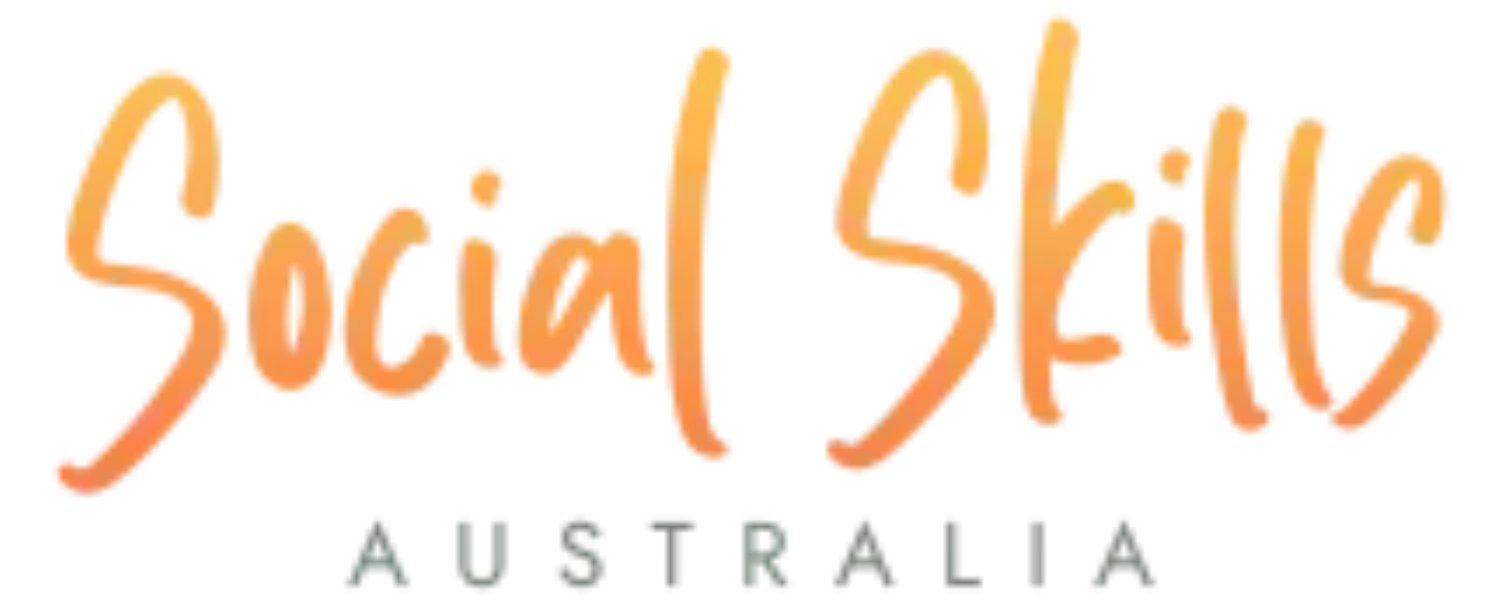Breaking the Ice: Easy Conversation Starters for Social Situations
Starting a conversation can be intimidating, especially for individuals with autism, ADHD, or other social challenges. However, a simple and well-placed opener can break the ice and create opportunities for meaningful connections. The key is to be genuine, show interest, and keep things light. Here are some practical tips and easy conversation starters to help get the ball rolling in various situations.
Why Icebreakers Matter
Icebreakers help overcome that initial awkwardness and set a positive tone for the interaction. They also demonstrate social interest and pave the way for further conversation. For neurodiverse individuals, having a few go-to conversation starters can make navigating social situations less daunting.
General Conversation Starters
“Hi! How’s your day going so far?”
A simple and friendly question works well in almost any setting.“I noticed [something about the person/environment]. What do you think about it?”
For example: “This music is great! Do you know who the artist is?”“I saw that [specific topic]. Have you heard about it?”
If you know a bit about their interests, bring up a related topic.
School or Work Settings
“What do you think of this class/project so far?”
A safe way to connect over shared experiences.“Do you have any tips for [subject/task]?”
Asking for advice can make the other person feel valued.“Have you tried any of the food near campus/office? Any recommendations?”
Food is always a great universal topic.
Social Gatherings
“How do you know [host’s name]?”
This works well at parties or gatherings.“What made you decide to come here tonight?”
A natural way to explore shared interests.“This is my first time at [event/location]. What about you?”
Perfect for events where people might be meeting for the first time.
Tips for Success
Observe the Environment: Look for conversation cues like what someone is wearing, holding, or doing.
Keep it Open-Ended: Avoid questions that lead to yes/no answers; aim for ones that encourage sharing.
Be Genuine: Authenticity always makes a better impression.
Use Active Listening: Show interest in their response by nodding, smiling, or asking follow-up questions.
Practice Makes Perfect
Remember, social skills improve with practice. Role-playing these scenarios with a social coach, family member, or trusted friend can help build confidence. Programs like PEERS® also provide structured opportunities to develop and refine conversational skills.
By starting with a simple icebreaker, you can open the door to meaningful connections and make social situations less overwhelming. Who knows? A great friendship might just begin with, “Hey, I love your shirt—where did you get it?”
